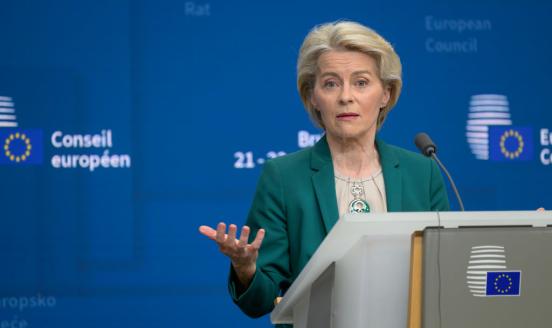One size does not fit all: European integration by differentiation
The need for reform of the EU is increasingly urgent. The authors of this policy brief suggest a new governance model, combining a bare-bones EU with

THE ISSUE
Reforming the governance of the European Union has become urgent for three reasons: to better deal with politically-sensitive topics, to manage greater external challenges and because future EU enlargement will increase the diversity of the bloc’s membership. The answer to disagreement typically has been qualified majority voting, but on sensitive topics, the EU has increasingly moved to unanimity and heavy European Council involvement, which has often not delivered results. The alternative answer has been a Europe of multiple speeds of integration with one shared goal for all, increasing political tensions. A different approach is now needed to move Europe forward.
POLICY CHALLENGE
Two options would be a Europe of concentric circles and a Europe of ‘clubs’, but the former would cement tensions between the inner and the outer circles, while the latter would lead to unclear structures and an end to cohesion. However, a governance model could combine the two approaches. The model would be based on a strong ‘bare-bones EU’ formed by the single market, trade and accompanying policies, the European institutions, treaties, rule of law and a commitment to fundamental EU values. Three policy areas would be completely moved into ‘clubs’ while remaining based on the bare-bones legal and institutional structure: economic and monetary union; Schengen and asylum policy; and foreign and security policy and neighbourhood policy. Club membership would be optional but once in, countries would have to accept the rules and there would be high hurdles to leaving. Finally, a ring of friends would surround the bare-bones EU, based on very close economic relationships and some multilateral discussion elements, but no formal votes.



